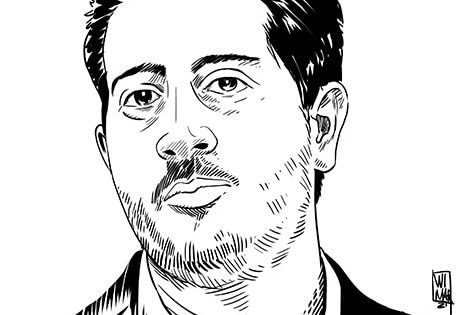(IAPA/IFEX) – The following is a 16 November 2007 IAPA press release: IAPA calls on Cuban government to let independent journalists go Miami (November 16, 2007) – The Inter American Press Association (IAPA) today qualified as inhumane and repressive the Cuban government’s refusal to grant exit visas to independent journalists who have resident permits in […]
(IAPA/IFEX) – The following is a 16 November 2007 IAPA press release:
IAPA calls on Cuban government to let independent journalists go
Miami (November 16, 2007) – The Inter American Press Association (IAPA) today qualified as inhumane and repressive the Cuban government’s refusal to grant exit visas to independent journalists who have resident permits in other countries.
IAPA’s chairman of the Committee on Freedom of the Press and Information, Gonzalo Marroquín, called on the government in Havana “to halt the persecution of all those who have views that differ from the official line and allow to leave the country those who, thanks to the compassion of other governments, have obtained permits to live in certain other countries.”
One of the most recent cases involved journalist Luis Esteban Espinosa Echemendía, who was notified on November 7 that he would not be allowed to leave the country despite having been granted in August a Swiss residence visa. Espinosa Echemendía, 21, is a reporter with the Jóvenes Sin Censura (Youth Without Censorship) news agency and spokesman for the Council of Human Rights Rapporteurs of Cuba. Several months earlier he had been warned by a State Security official that if he did not cooperate with the authorities he would not be allowed to emigrate legally.
The same thing happened to Abel Escobar Ramírez, of the Cubanet agency, who was granted political refugee status by the United States but was told on September 7 by a State Security official that because of his work as a reporter he was denied permission to leave the country; his wife and daughters were given such permission.
Marroquín, editor of the Guatemala City, Guatemala, newspaper Prensa Libre, recalled also that the hemispheric free press organization has been demanding “the immediate release from prison of the 27 independent journalists remaining behind bars, in particular of 10 of them who are in poor health and to whom parole has been refused”.
A report on Cuba presented to the IAPA’s General Assembly in Miami last month spoke of, among other issues, the plight of Normando Hernández, who, due to his serious health condition, was transferred on September 14 from the Kilo 7 prison in Camagüey, where he was serving a 25-year term, to the Carlos J. Finlay Military Hospital in Havana. The Costa Rican government had in April this year granted Hernández, who belongs to the Camagüey Independent Journalists Guild, and his family a humanitarian visa, which to date has not been acknowledged by the Cuban authorities.
The report, which is posted on the Web site http://www.sipiapa.org , complained that four other journalists, released from prison on humanitarian grounds and who hold refugee visas from the United States, have not been given final permission to leave Cuba.
A similar thing is happening to journalist Luis Guerra Juvier and his wife, both admitted to the United States refugee program, from whom the authorities withdrew permission to leave the country nearly two years ago without giving any explanation for their action. In a letter sent to the IAPA, Guerra Juvier declared, “I feel kidnapped” by the Cuban regime.


